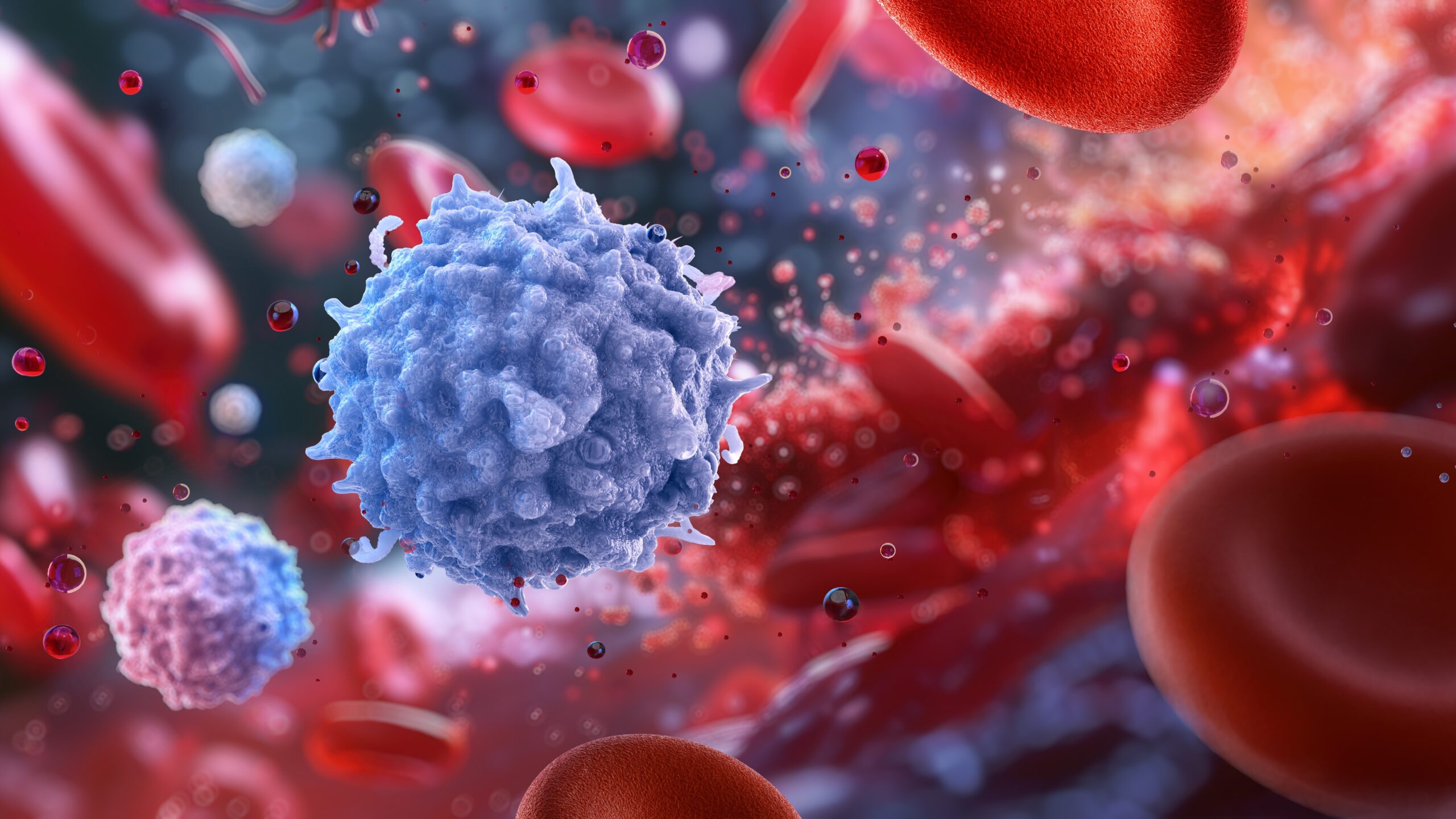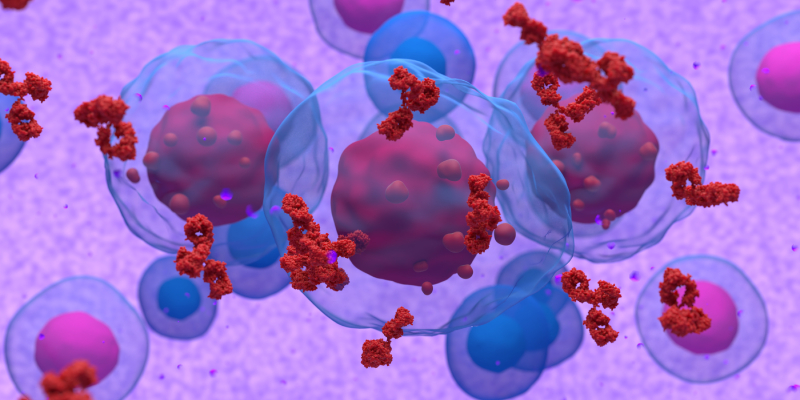
Patients with double-hit myeloma (DHM) or triple-hit myeloma (THM) had significantly poorer outcomes compared to those with single-hit multiple myeloma (MM), according to a study presented at the Twelfth Annual Meeting of the Society of Hematologic Oncology in Houston, Texas.
The study assessed the prevalence and outcomes of patients with newly diagnosed MM with high-risk cytogenetic features. Patients with two high-risk mutations are classified as having DHM, whereas those with three or more are considered to have THM. High-risk MM is characterized by mutations such as t(4;14), t(14;16), t(14;20), del 17p, p53 mutation, gain 1q, and del 1p, all of which are linked to poor prognosis. Risk stratification in multiple myeloma (MM) relies on detection of genetic abnormalities via fluorescence in situ hybridization.
The analysis included 537 patients with newly diagnosed MM (343 male, 194 female; median age, 58 years). Most had immunoglobulin G MM (62%), followed by light-chain MM (20.7%) and immunoglobulin A MM (14.2%). Genetic data were available for 323 patients; 28.8% had a single high-risk genetic abnormality, and DHM and THM were present in 14.2% of cases (35 DHM and 11 THM). The most common cytogenetic combinations in DHM were t(4;14) with gain 1q. In THM, t(4;14), del 1p, and gain 1q were the most frequent.
The median overall survival (OS) for THM was seven months, compared to 35 months for DHM and 41 months for single-hit MM. These findings underscore the aggressive nature of DHM and THM, highlighting the need for early intervention with intensive treatment or enrollment in clinical trials exploring novel therapies, the authors noted.
The authors concluded that DHM and THM represent 14.2% of NDMM cases, and their presence is associated with a higher risk of disease progression and shorter survival.
Reference
Gajendra S, Gupta R, Rani L, et al. Landscape of genomic aberrations in multiple myeloma. Abstract #MM-245. Presented at the Twelfth Annual Meeting of the Society of Hematologic Oncology; September 4-7, 2024; Houston, Texas.






 © 2025 Mashup Media, LLC, a Formedics Property. All Rights Reserved.
© 2025 Mashup Media, LLC, a Formedics Property. All Rights Reserved.